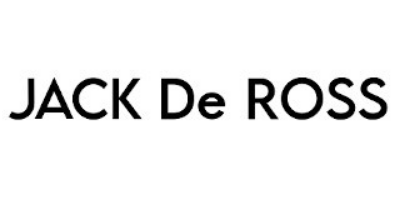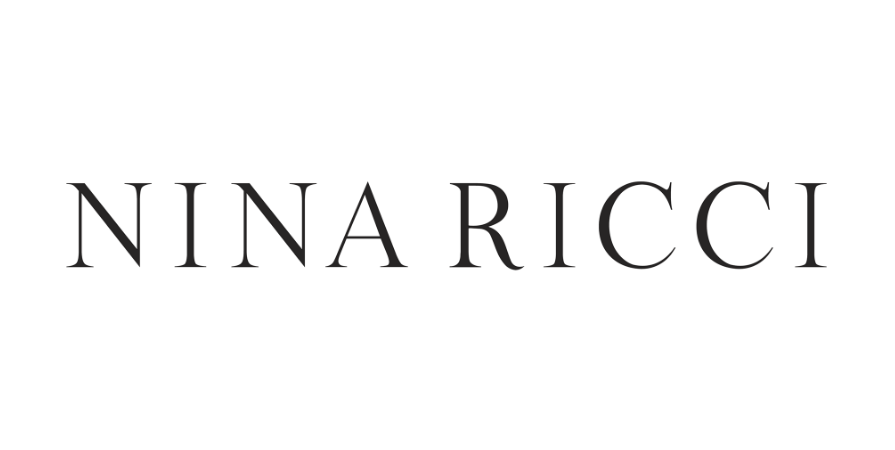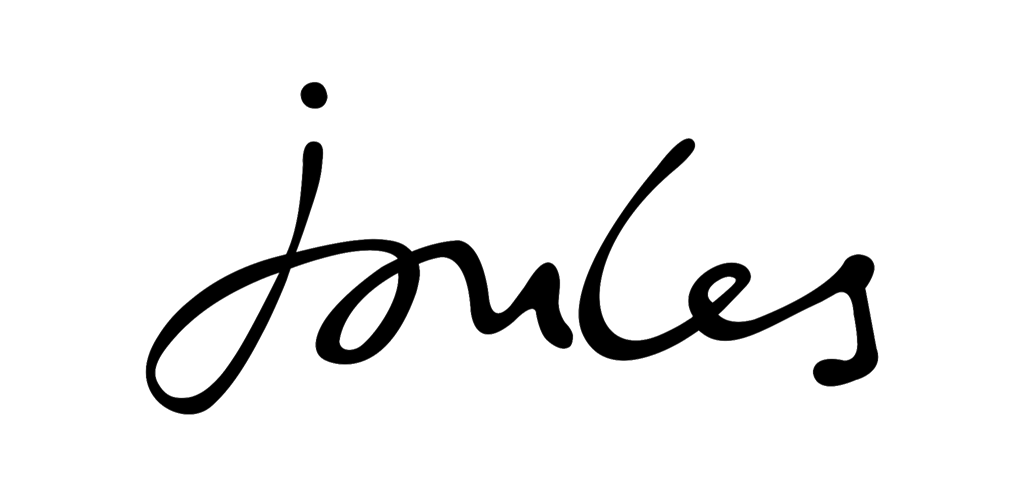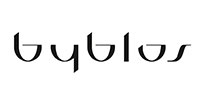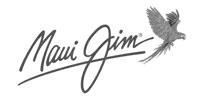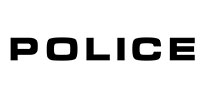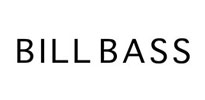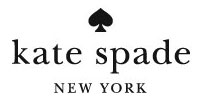COVID-19 and Eye Exams: What’s Essential?
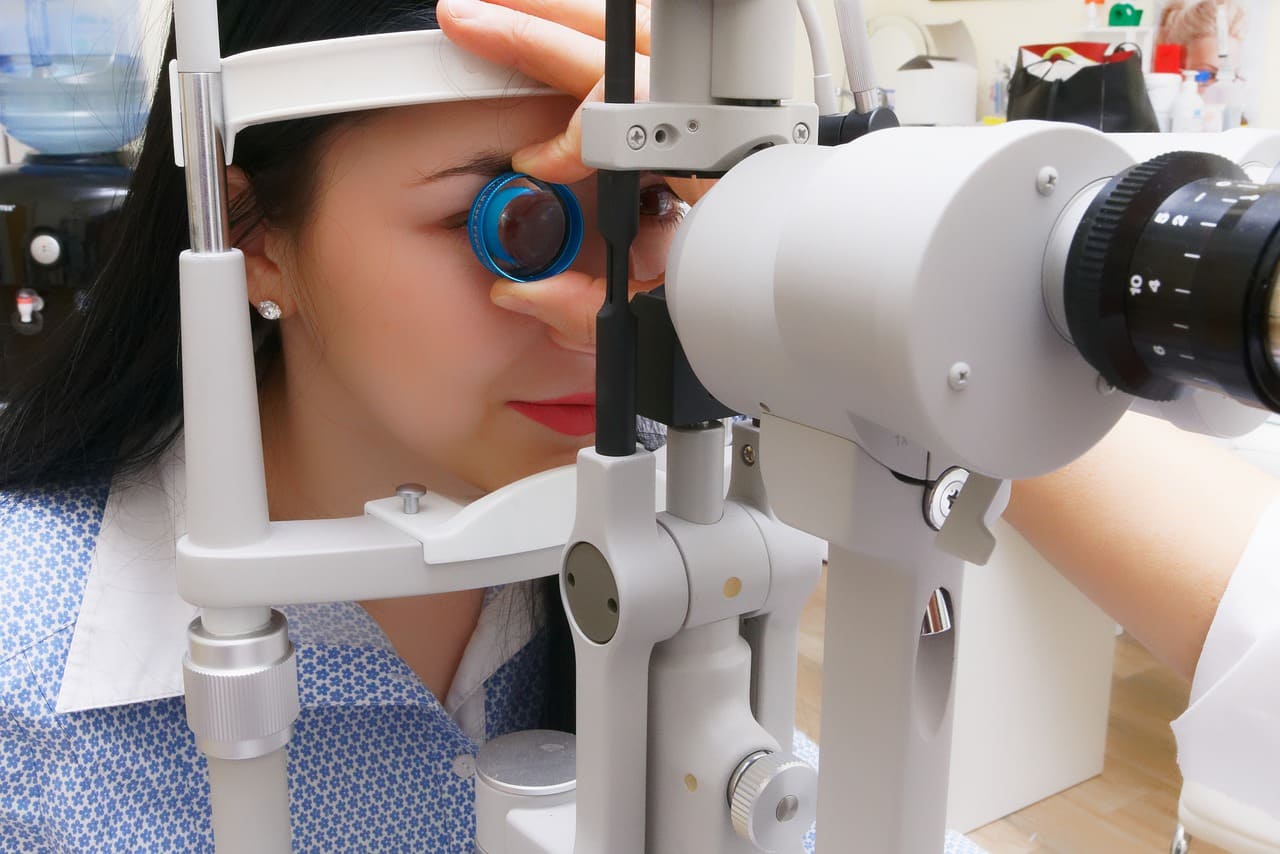
COVID-19 has affected everyone’s lives, both personal and professional. It’s also affected our healthcare system, with many hospitals performing still only essential surgeries.
The same applies to optometrists. After a period of offering essential or emergency services and taking safety measures to protect staff and clients in order to help prevent transmission of the virus, routine eye exams are now being performed, with extra hygiene practices, for anyone who is ready to go to the optometrist again. For patients who have their own health concerns or who have contact with elderly relatives, you might be a bit more cautious mixing with the general public again, so here’s the difference between essential and non-essential services, and how optometrists are maintaining safer environments.
Optometrists and practice staff are old hands at infection control procedures. At the moment our wiping, cleaning and sanitising frequency has been increased, including cleaning frames between people trying them on. We generally use alcohol wipes to clean equipment in the testing room between patients, and extra time is being allowed to wipe surfaces.
Essential eye services
What is an urgent or essential eye condition? Physical damage to the eye obviously counts, as well as sudden loss of vision. But there are other less dramatic situations that are also essential. What if you have broken your only pair of glasses or contact lenses and need them for work? Those glasses are essential to your well-being, so you should visit the optometrist for a replacement. If you’re not sure about the urgency of your condition, call You & Eye and we will recommend steps to take. If you just need a repeat of a current and unchanged contact lens prescription, these can normally be shipped to you without visiting the practice.
Coronavirus and contact lenses
There is no link between wearing contact lenses and getting infected with COVID-19. However, the usual hygiene rules apply: never wear someone else’s contact lenses and don’t touch them with unwashed hands. COVID-19 spreads through mucus and droplets expelled by coughing or sneezing, and there are contradictory reports about whether it can spread through tears. It is prudent to behave as if tears do contain the virus – avoid contact and maintain hygiene practices where tears are present.
COVID-19 and conjunctivitis
There are three types of conjunctivitis. Bacterial conjunctivitis can be treated with antibiotic drops, allergic conjunctivitis with antihistamines. Just like catching a cold virus, there’s no cure for the viral form, which has to run its course, although the symptoms can be reduced with drops if your discomfort is severe. Conjunctivitis is often associated with the viruses that cause colds and flu. Having this type of inflammation does not necessarily mean you have COVID-19. Only a swab test for the coronavirus type SARS-CoV-2 that causes COVID-19 can confirm its presence. Evidence so far seems to be that viral conjunctivitis only occurs from COVID-19 in advanced stages of the disease.
Your overall health
If you have the virus or suspect you have it, do not visit your optometrist and risk infecting staff and other patients. And washing your hands regularly and not touching your face or eyes are sound preventative measures for preventing the transmission of viruses and bacteria!
Share on